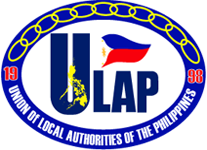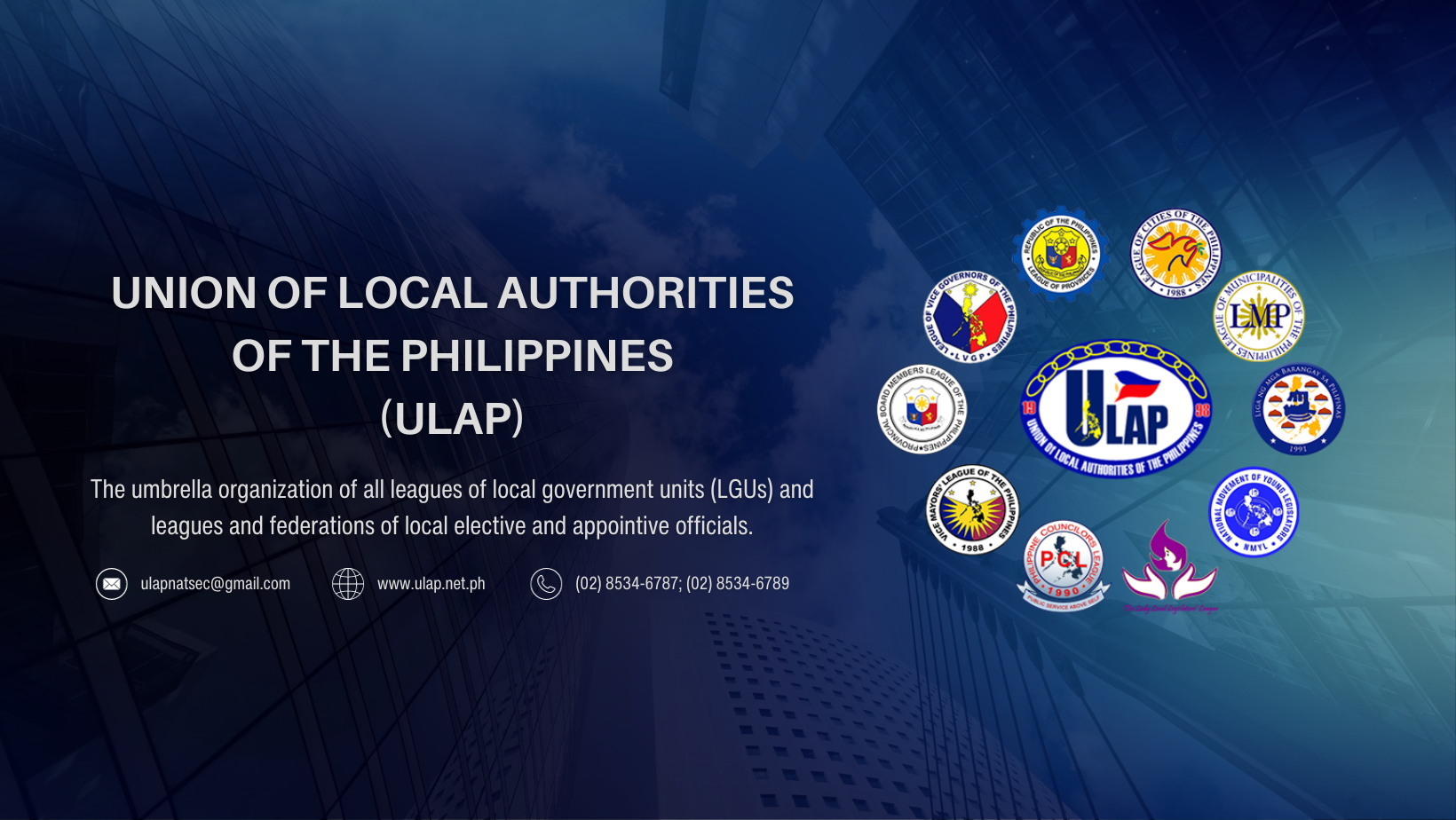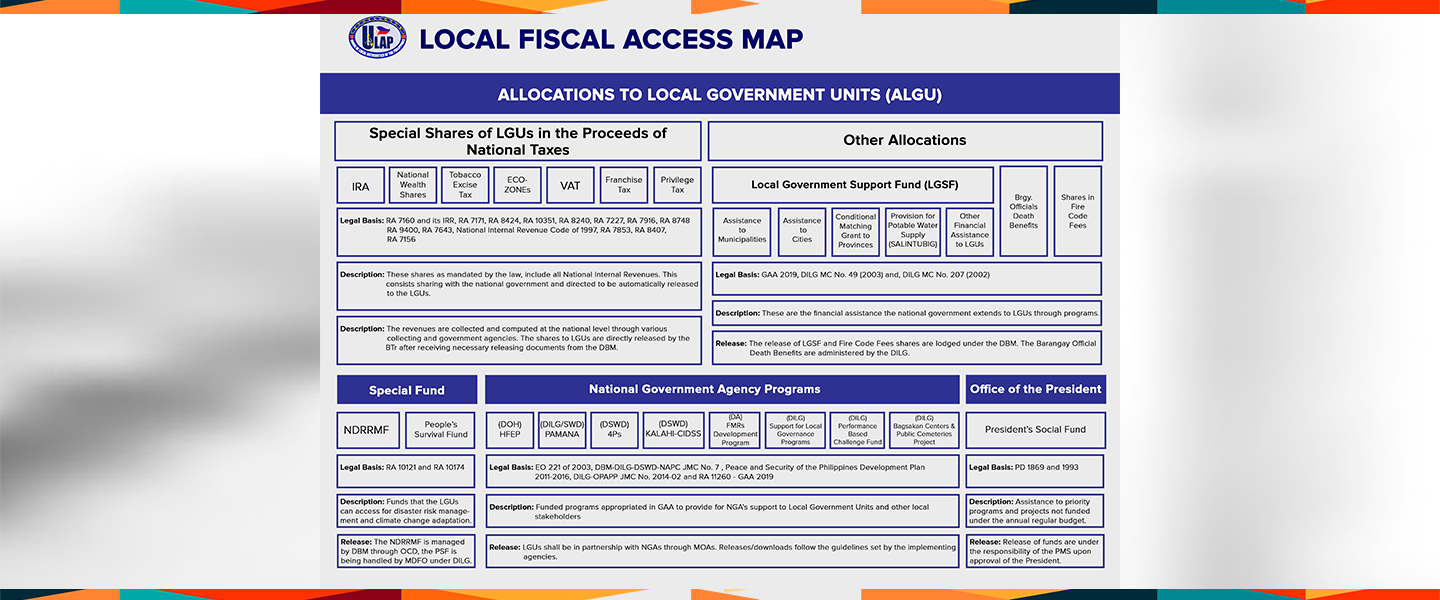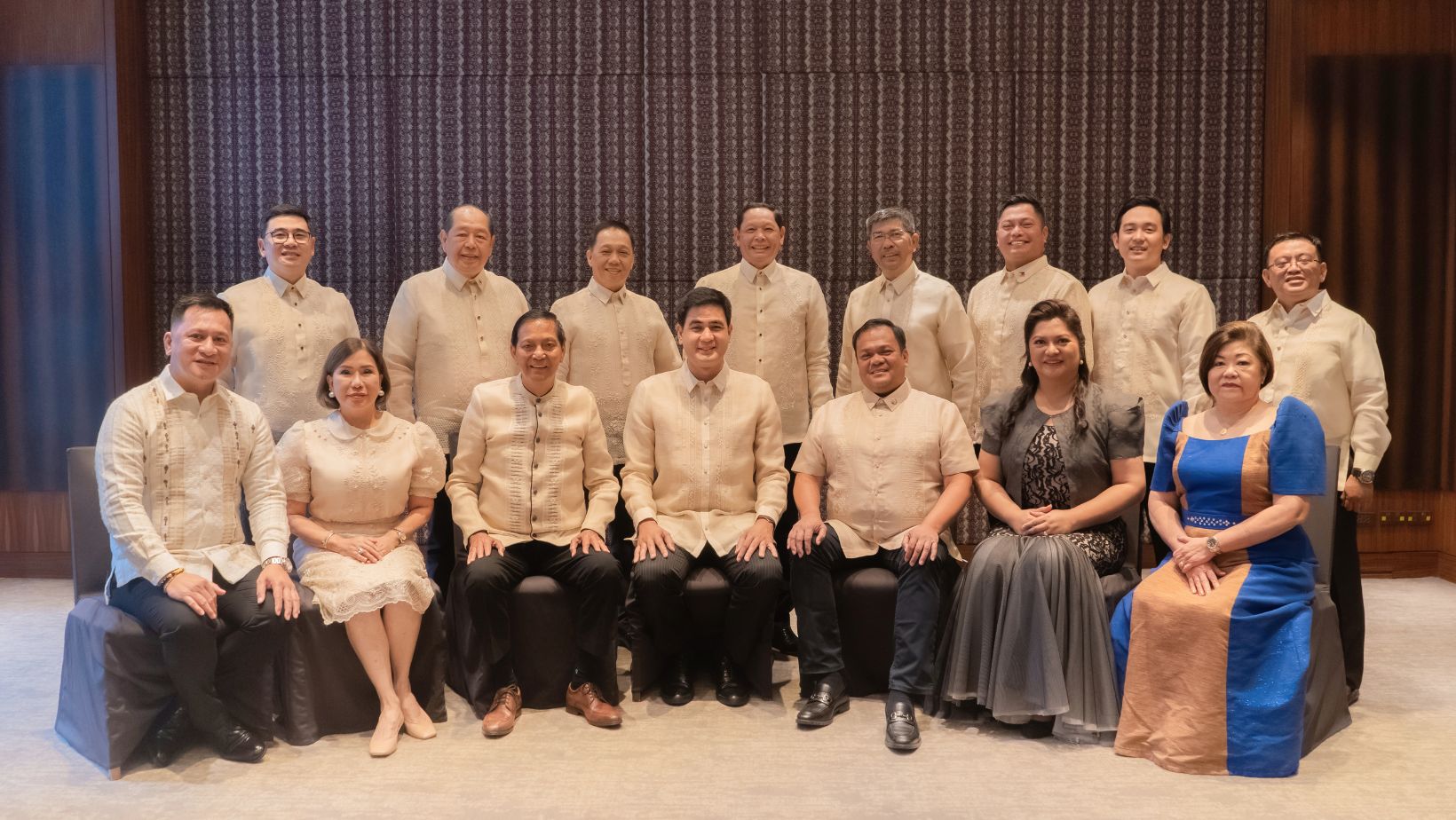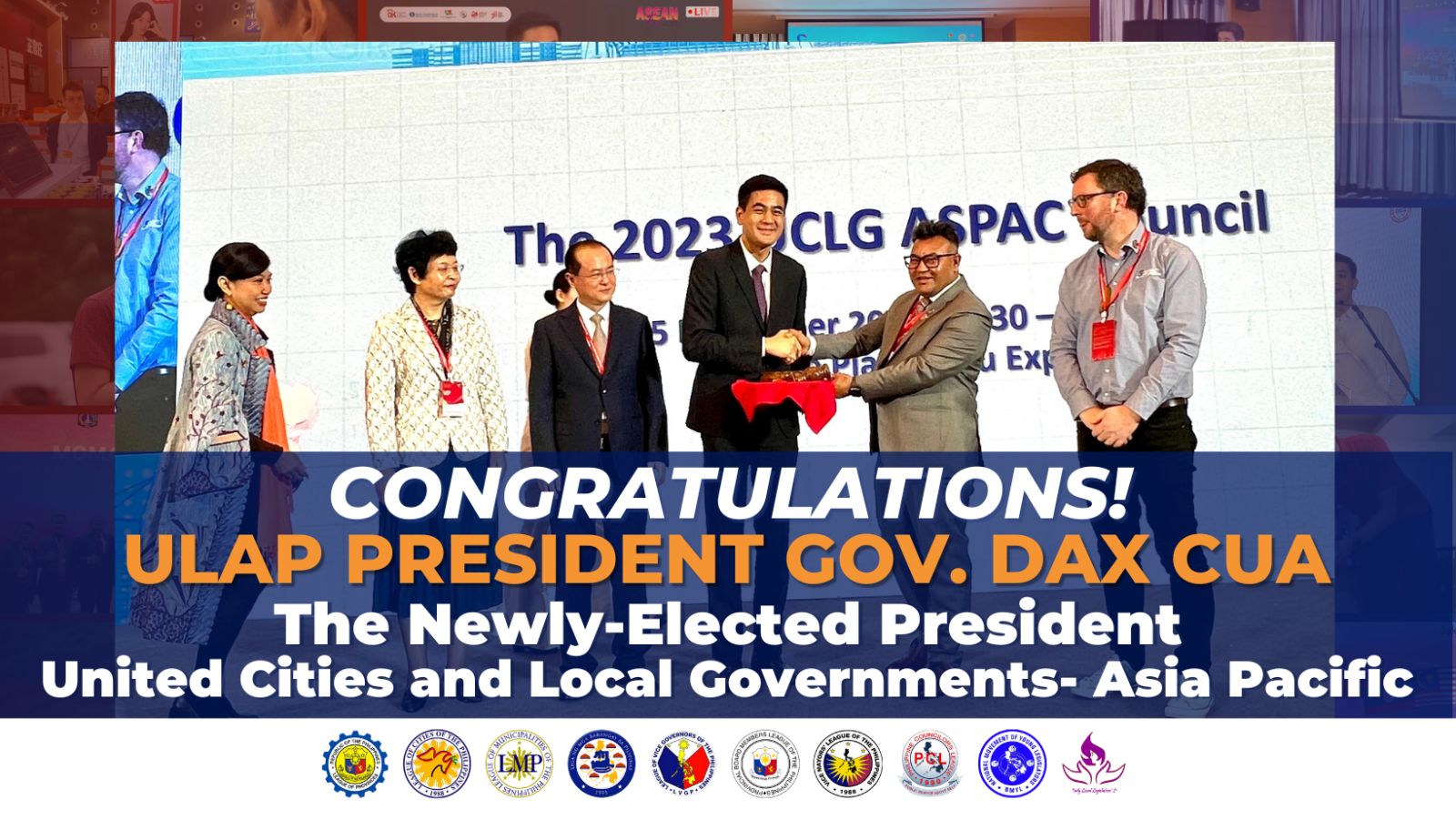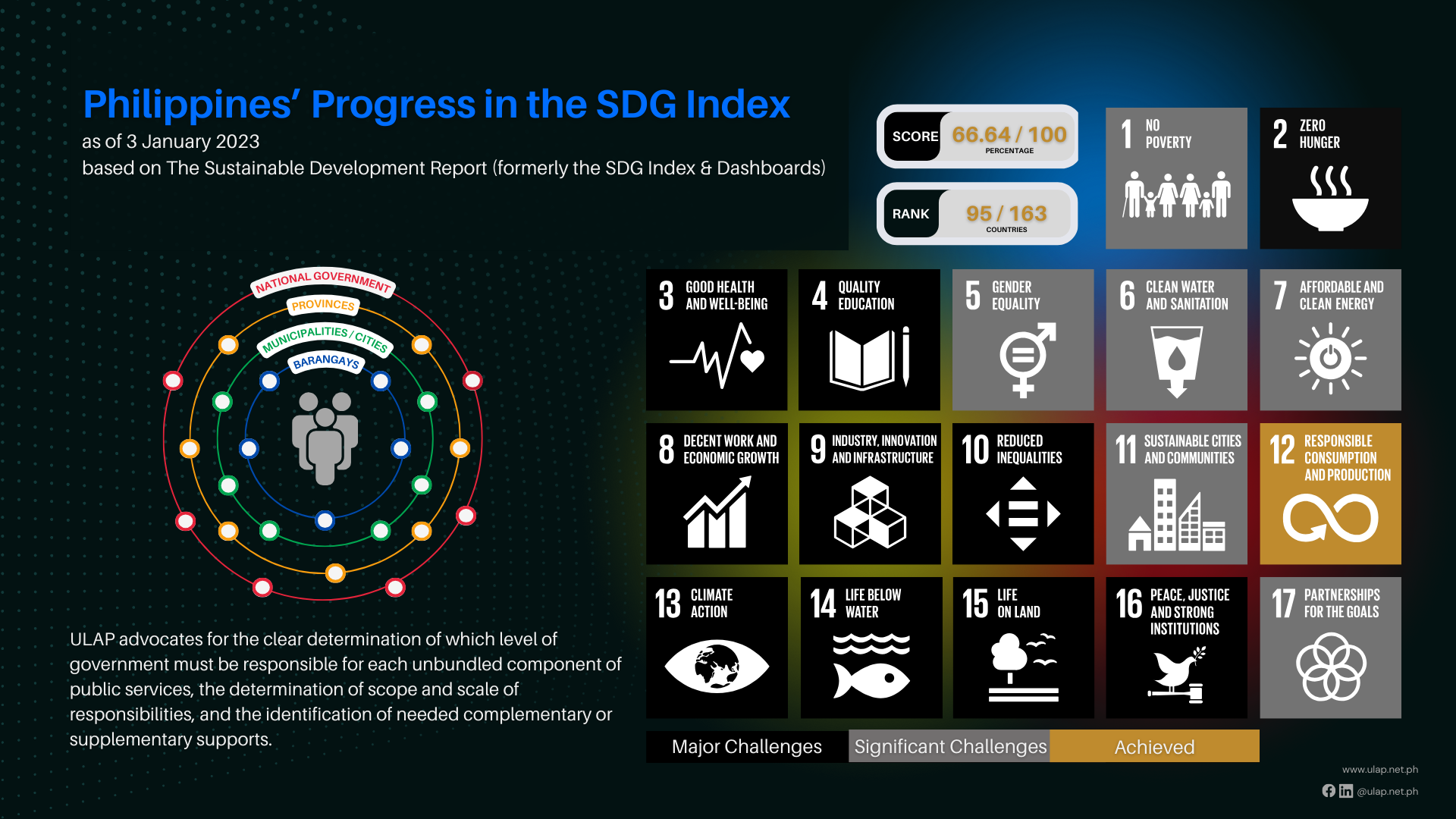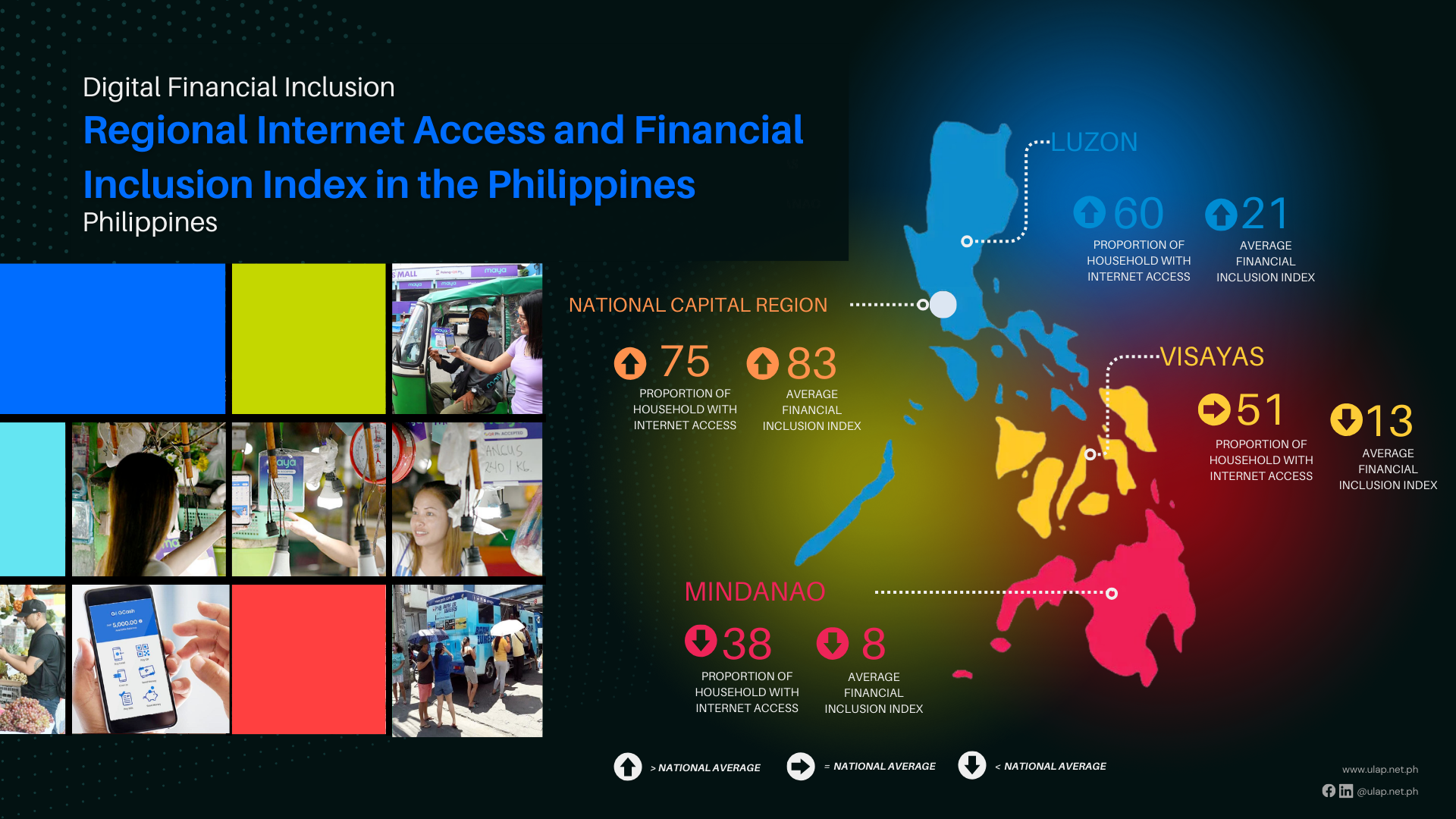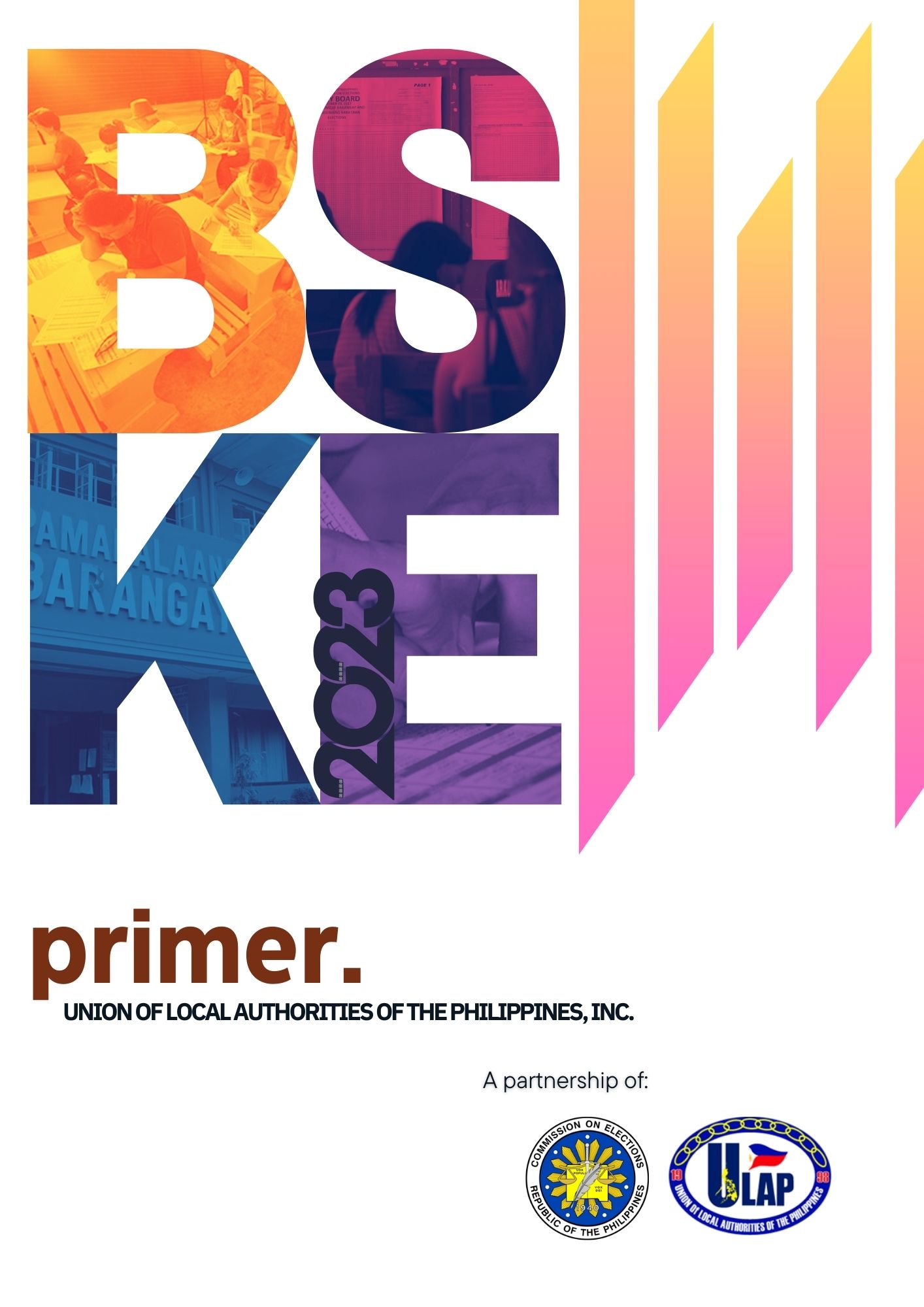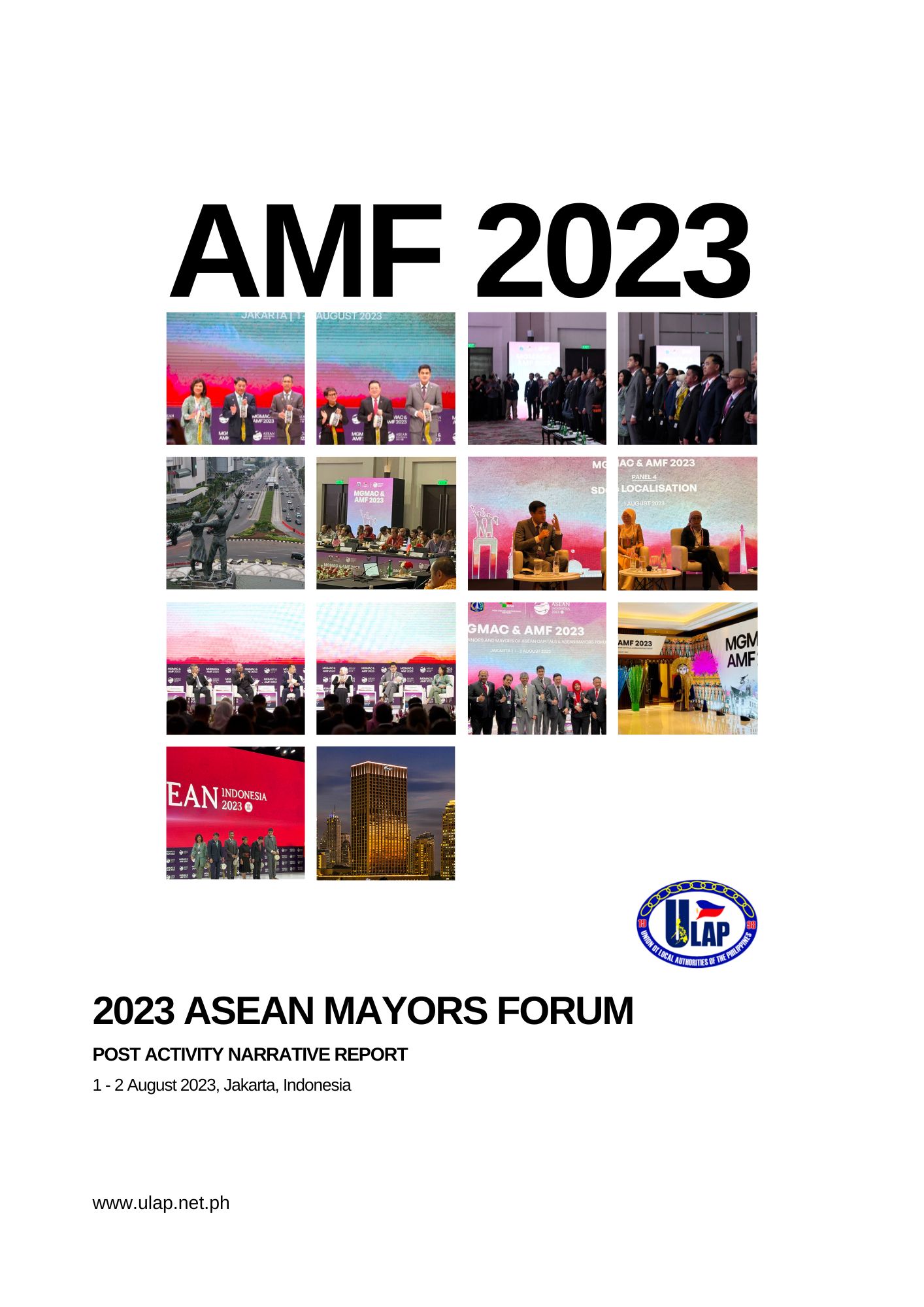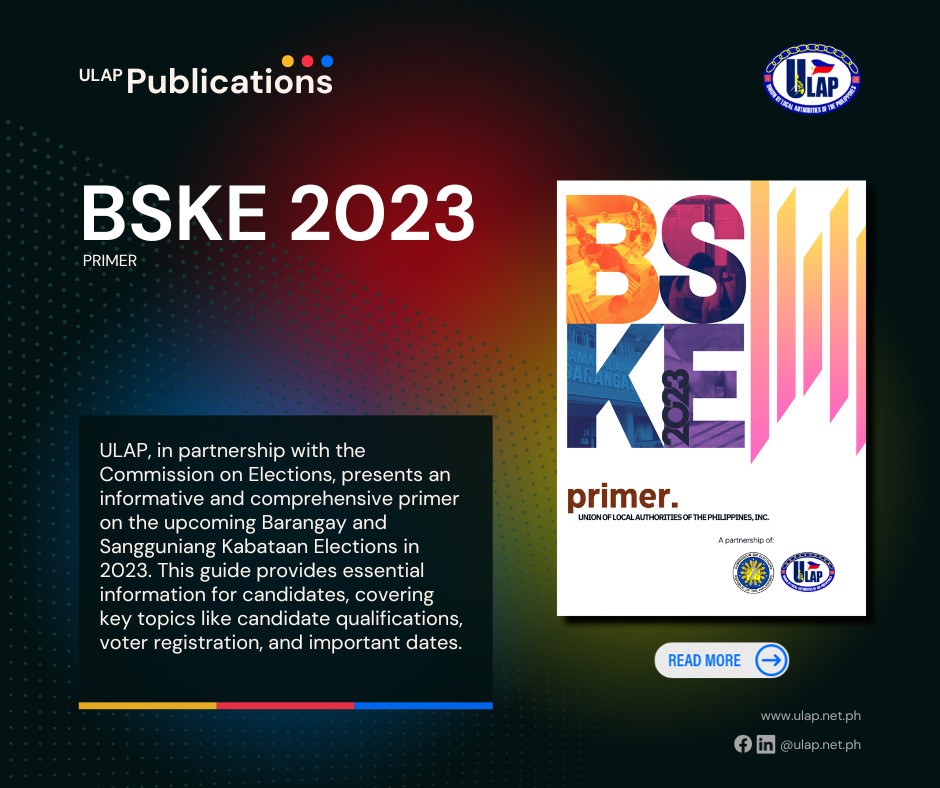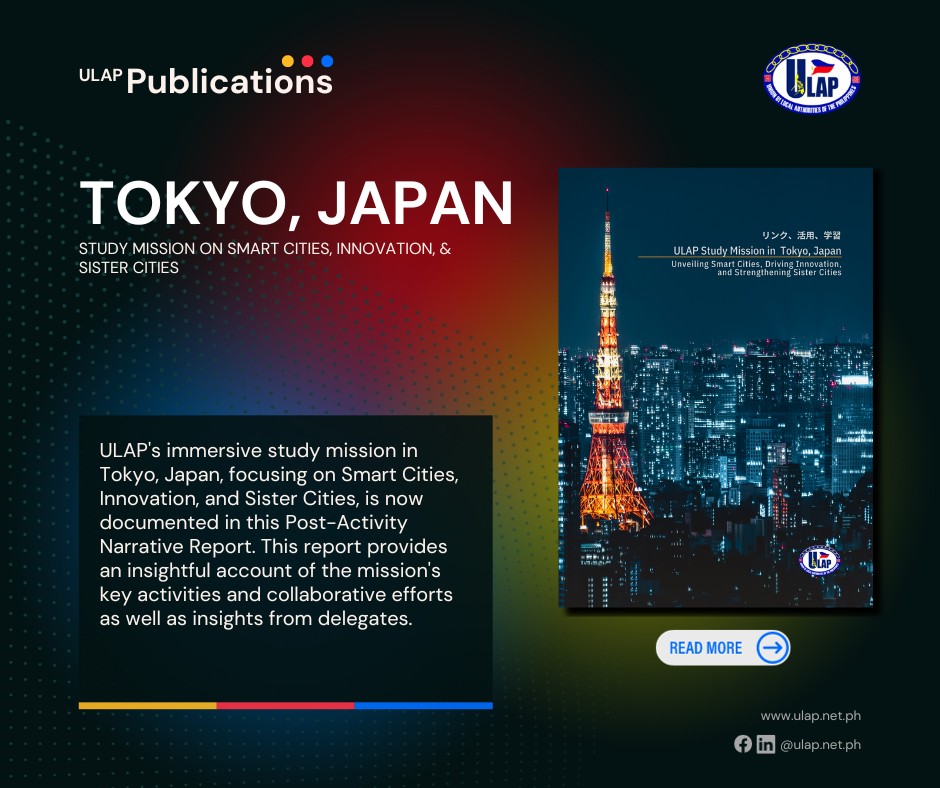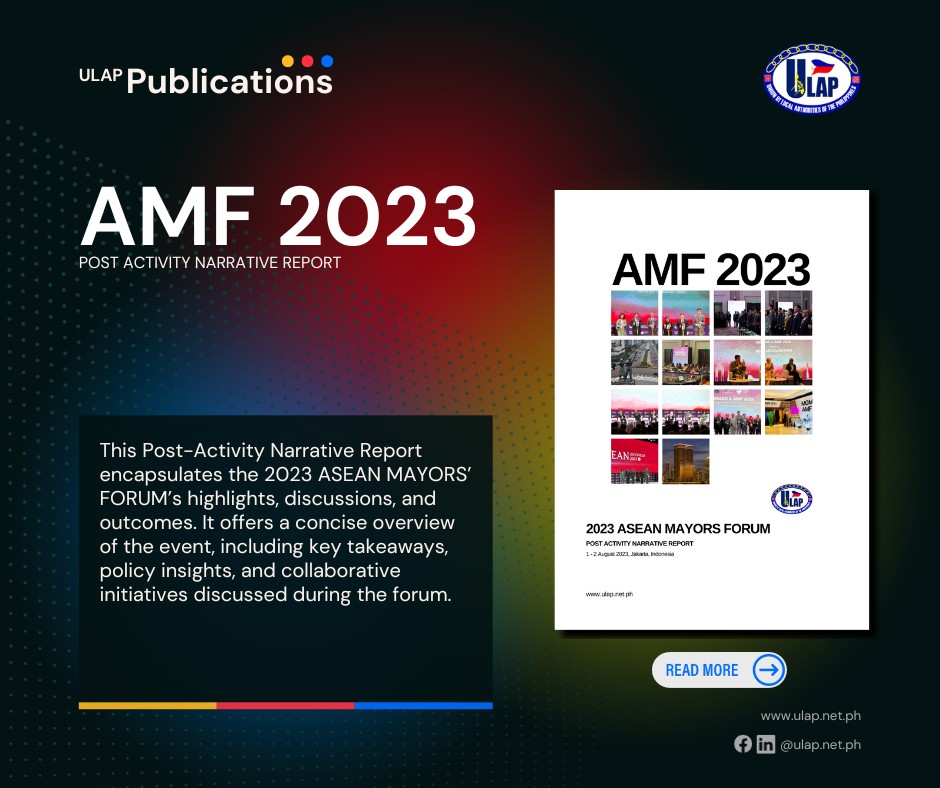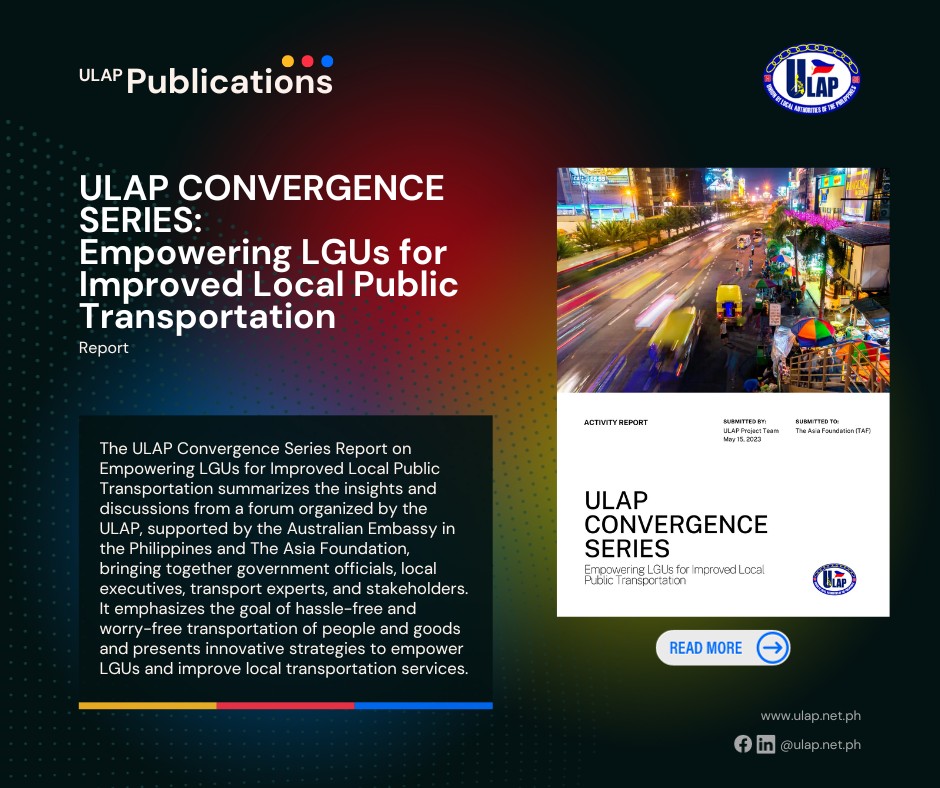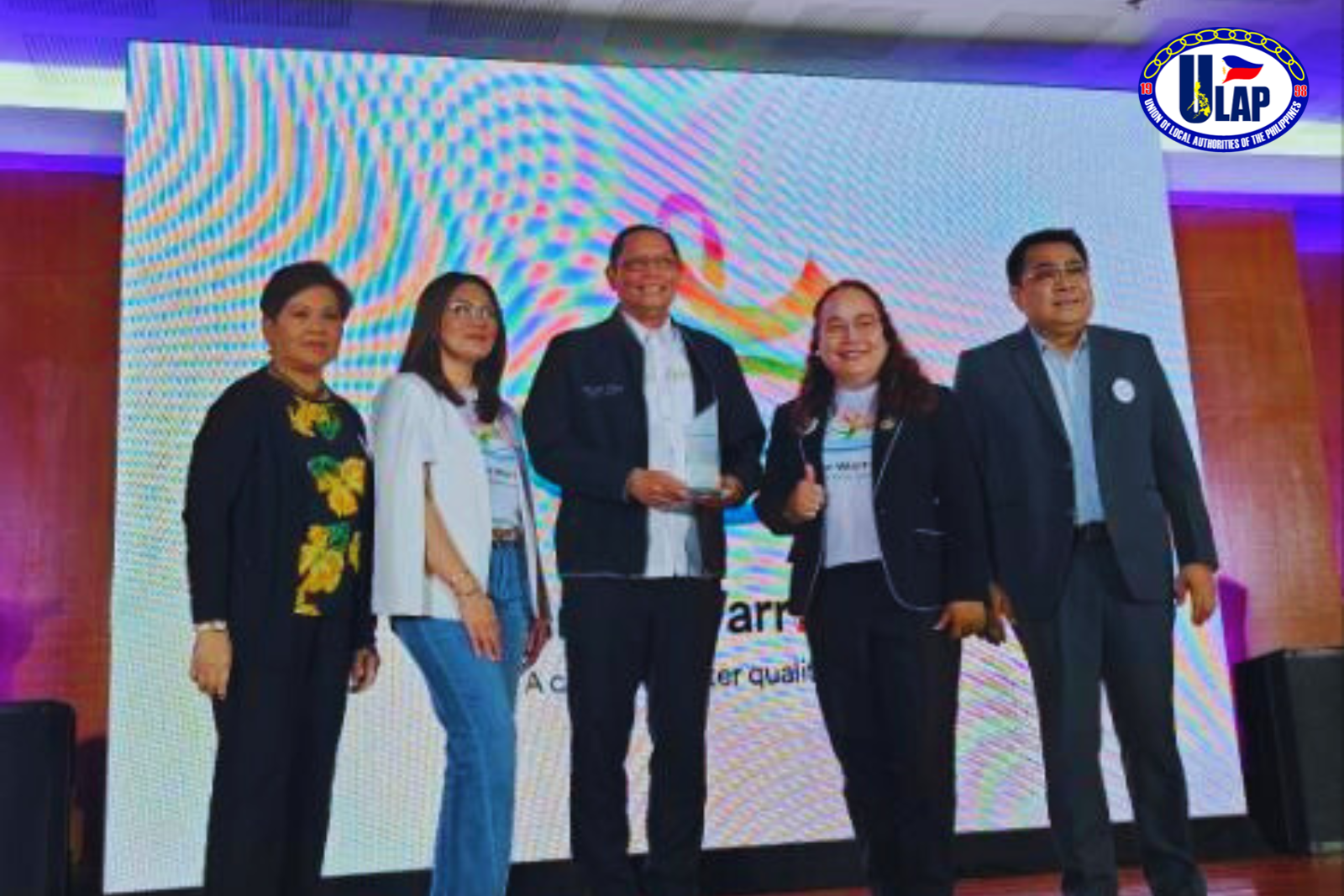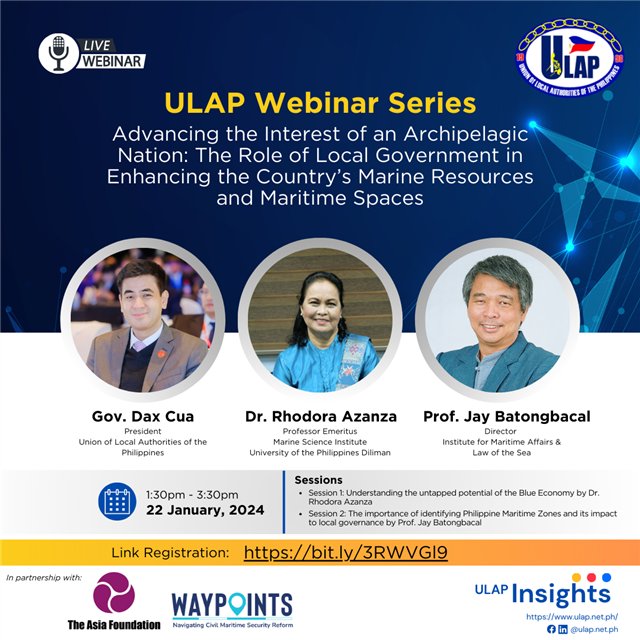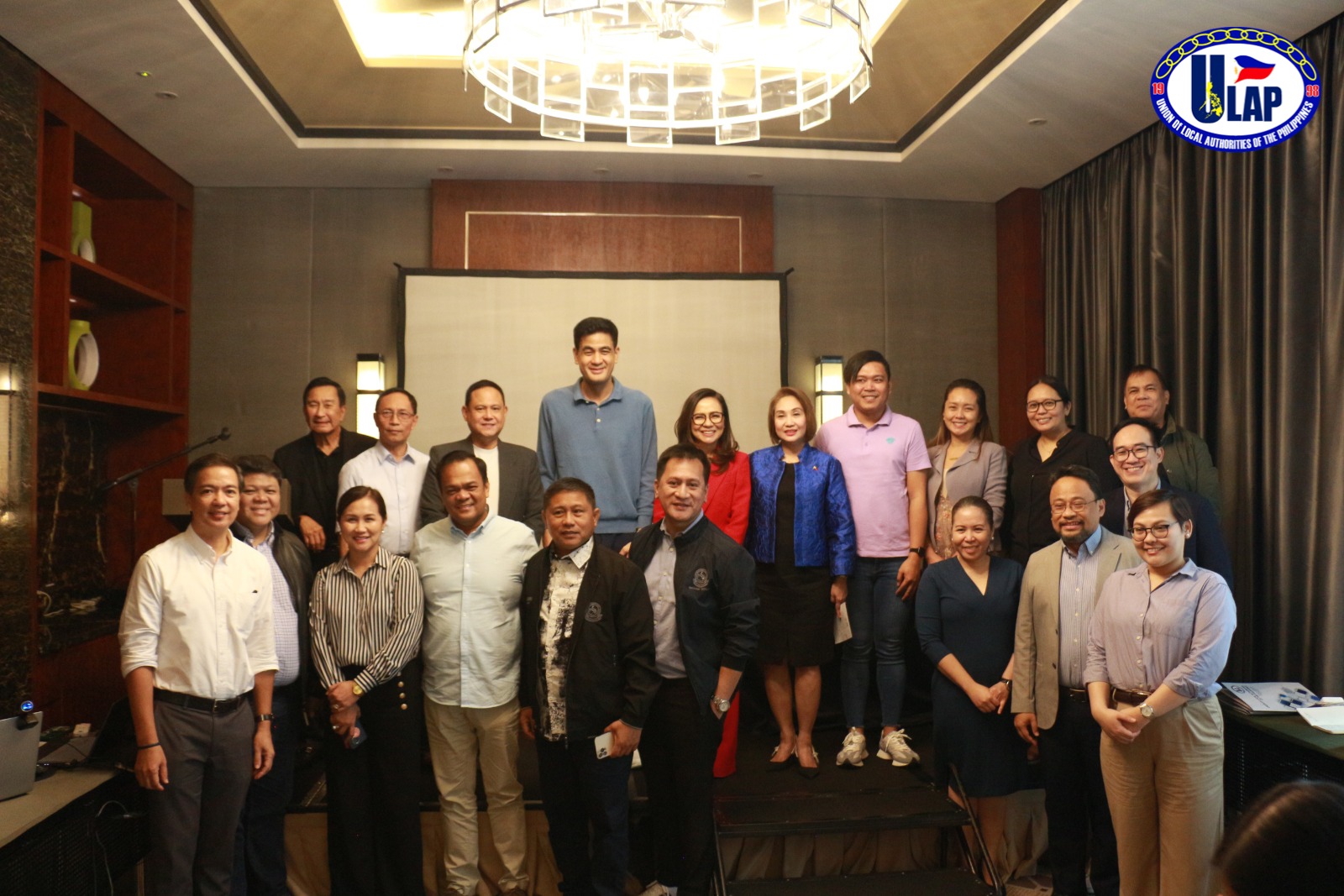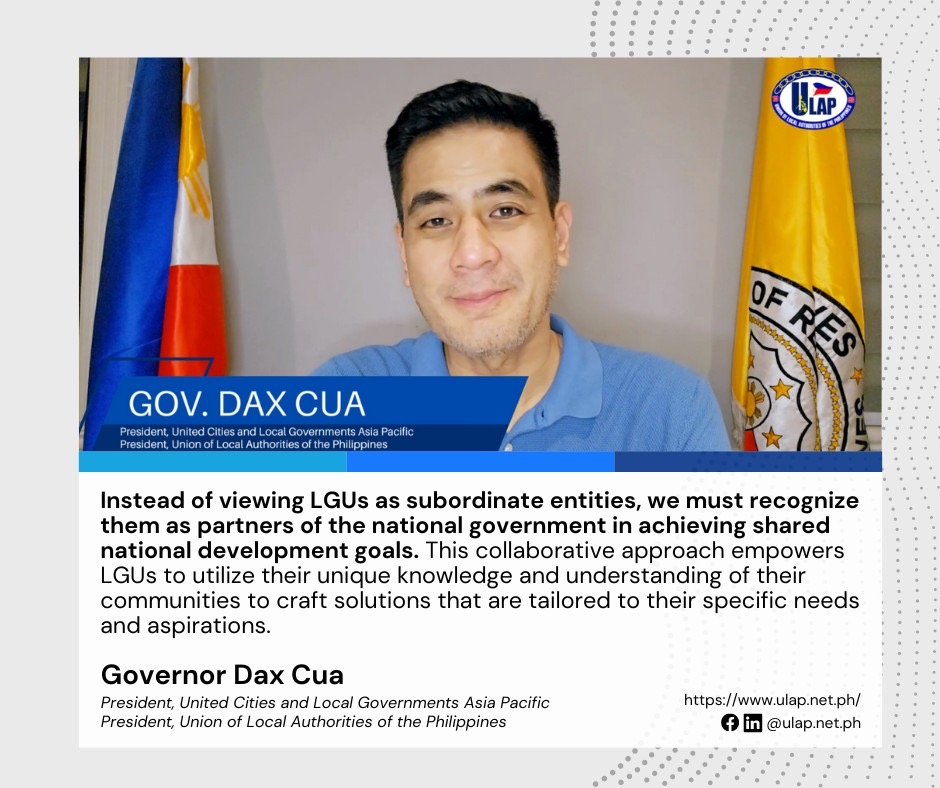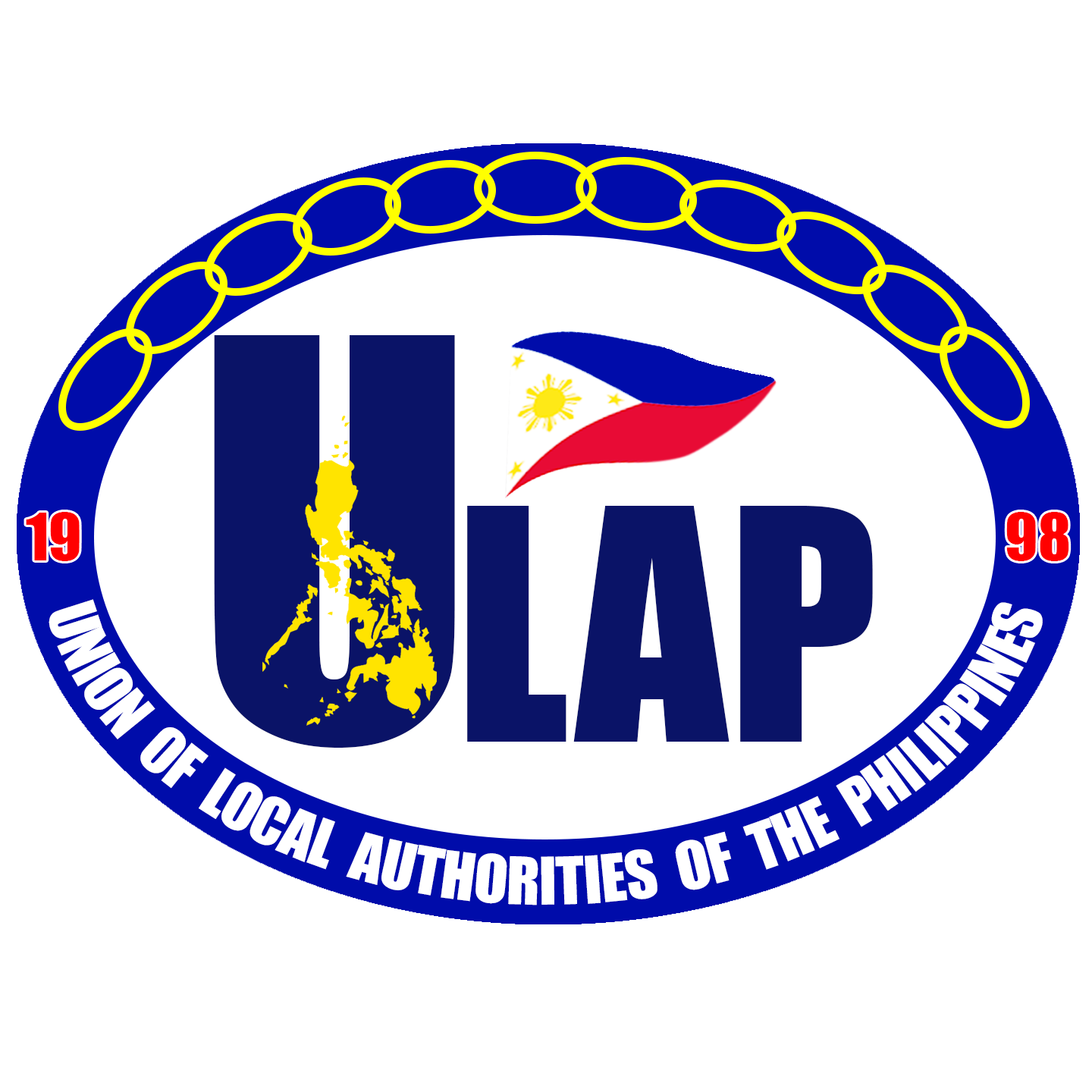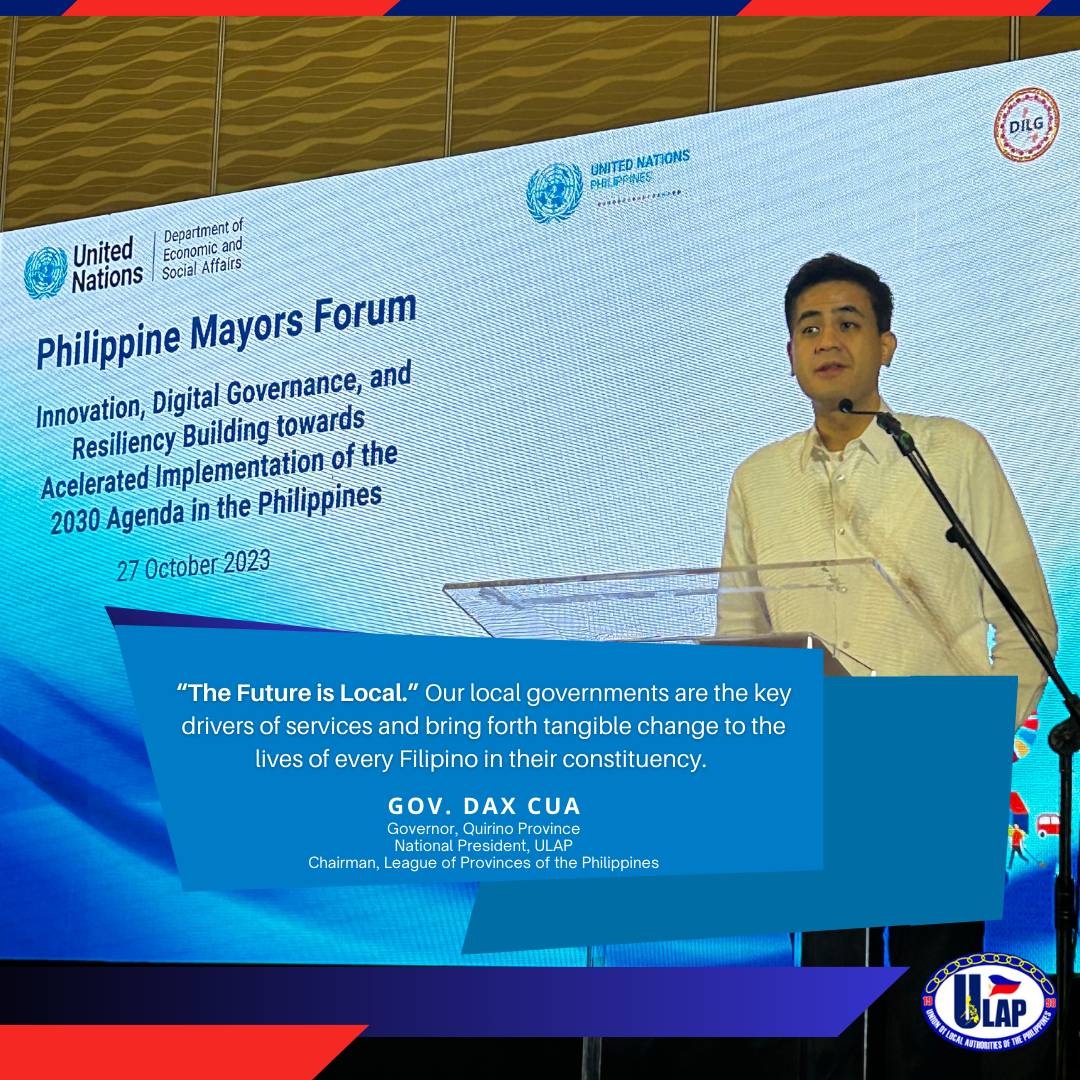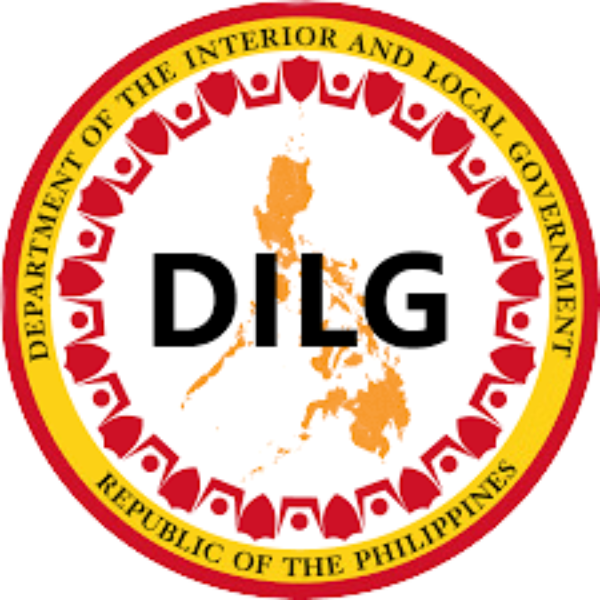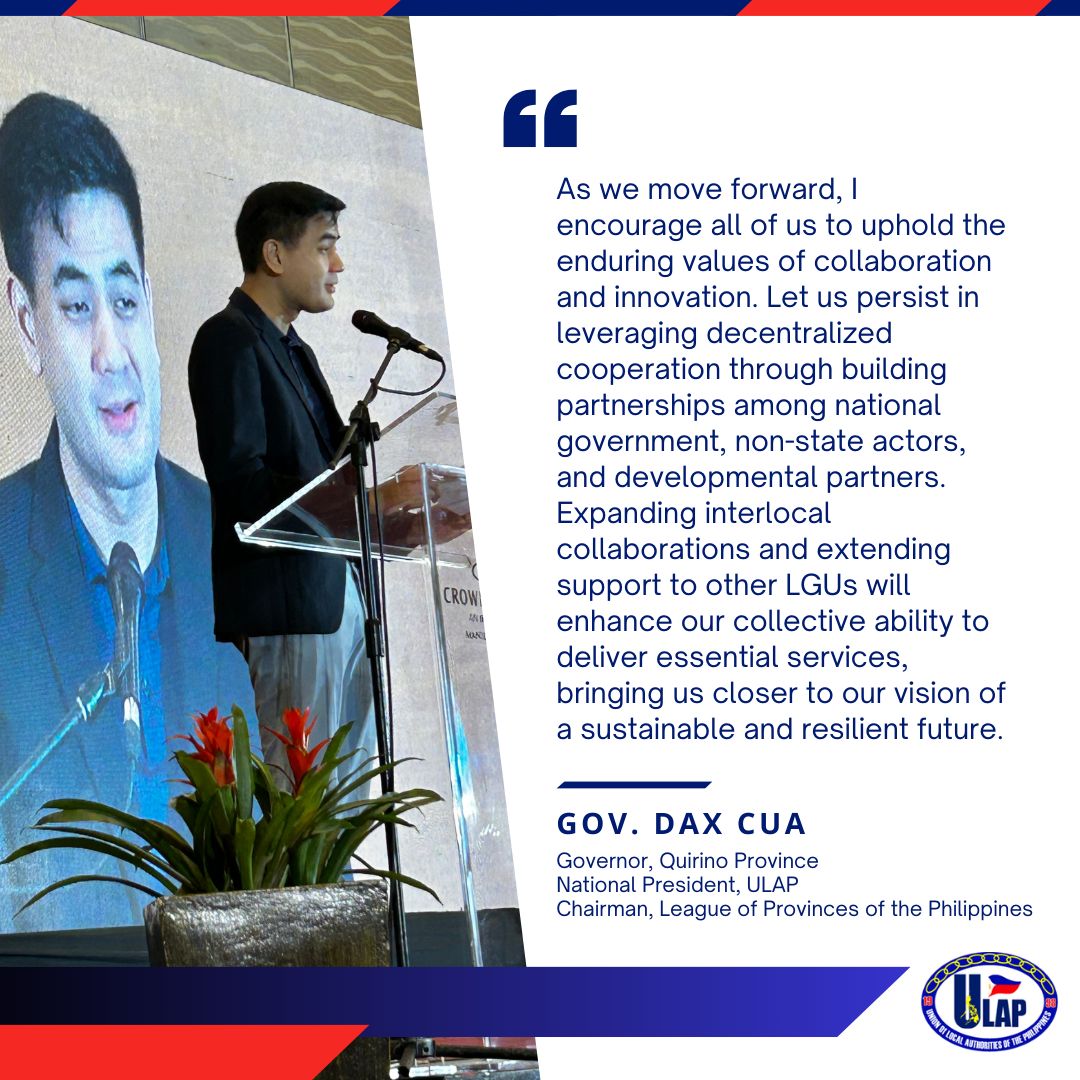Expansion of a Local Education Resource Expansion Model in Bohol Province
 This project, which ran from March to May 2014, is a continuation of ULAP’s partnership with the AusAid (DFAT)-The Asia Foundation (TAF) partnership in the Philippines under the Coalitions for Change (CfC) program. In the first phase of the engagement, “Developing Local Capacity for Institutionalizing Education Reforms – Preliminary Phase” which was implemented in March to October 2013, ULAP sought to map out the needs and issues of local education and eventually was able to successfully push for the commitment of the Local Government Units (LGUs) on local education governance, particularly through the Local School Board (LSB). From the outputs and evidences gathered from the first phase of engagement, there emerged a compelling need to identify and explore how local resources for education may be expanded in order for LGUs to complement the Department of Education (DepEd) to deliver services more effectively and collaboratively in the grassroots level.
This project, which ran from March to May 2014, is a continuation of ULAP’s partnership with the AusAid (DFAT)-The Asia Foundation (TAF) partnership in the Philippines under the Coalitions for Change (CfC) program. In the first phase of the engagement, “Developing Local Capacity for Institutionalizing Education Reforms – Preliminary Phase” which was implemented in March to October 2013, ULAP sought to map out the needs and issues of local education and eventually was able to successfully push for the commitment of the Local Government Units (LGUs) on local education governance, particularly through the Local School Board (LSB). From the outputs and evidences gathered from the first phase of engagement, there emerged a compelling need to identify and explore how local resources for education may be expanded in order for LGUs to complement the Department of Education (DepEd) to deliver services more effectively and collaboratively in the grassroots level.
Thus the main objective of the second phase of the engagement is to develop a workable and replicable model of better provincial LGU-DepEd collaboration that will improve local resource allocation to education. Systems, processes and relationships in provincial local governments that would allow for better program development and complementation with DepEd will also be explored. From ULAP’s knowledge of the provincial practices on education, and upon consultation with the CFC network and the Department of Education, the Province of Bohol was selected as a case reference for the local resource expansion model.1 Results and recommendations from this project will be used as inputs for the work of ULAP in the Revised Special Education Fund (SEF) Guidelines and Local Government Code revisions with the Department of Interior and Local Government (DILG), and for the Capacity Development Programs that are pegged to be developed for LGUs and DepEd Superintendents and Supervisors.
This narrative report is divided into the following sections:
a) Discursive trends and emerging discussions
b) Methodology
c) The Provincial Government of Bohol and its Current State of Education
d) The Model for Expanding Local Resources: Structures, Processes and Relationships (State Actors, Non-state State Actors and Assessment of Emergent Relationships)
e) Issues and Recommendations (The Bohol Model, Policy-related and Capacity Development-related Recommendations)

